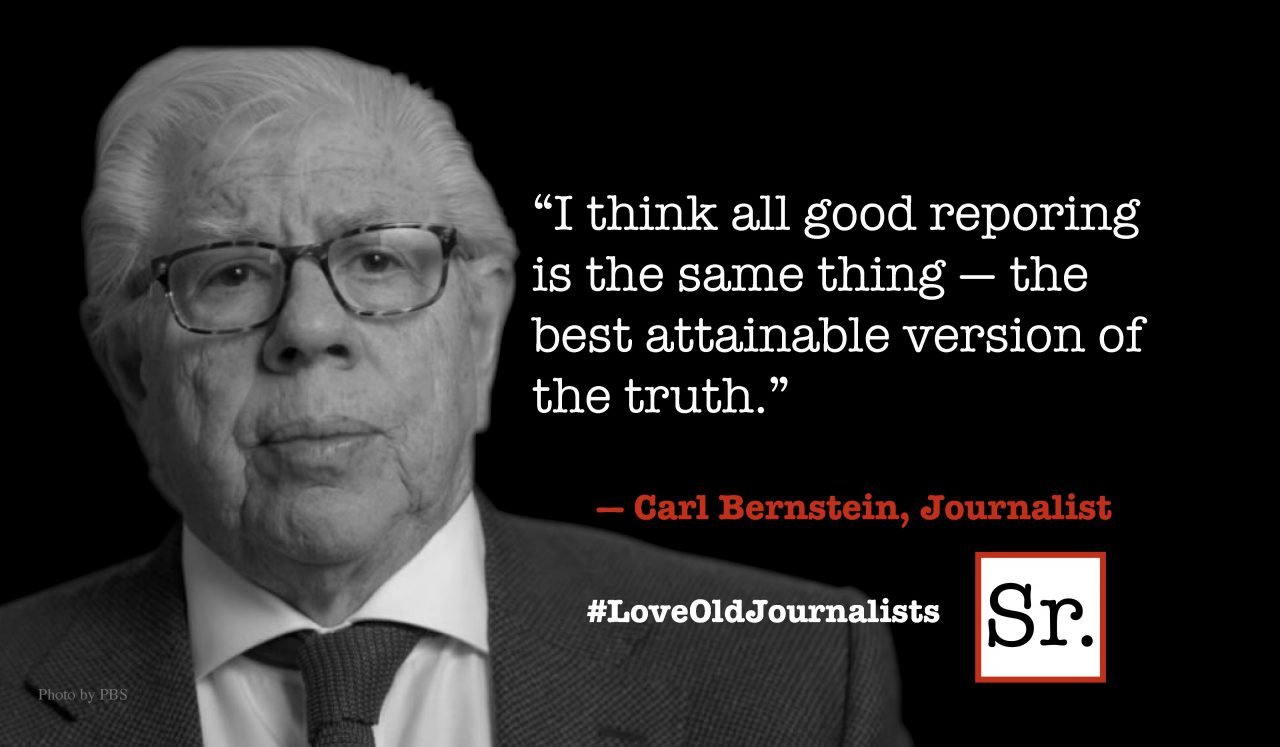Perhaps the primary purpose of health insurance is to help people pay for services that prevent or treat pain and suffering.
However, the deadlocked Medicare reform debate in Washington is about exactly the opposite. It is about how to spread the financial pain necessary to continue funding the popular program experts insist is on a fiscally unsustainable path.
That unsustainable path may be the only thing about Medicare’s future on which Democrats and Republicans agree.
The latest annual report by the Medicare and Social Security trustees, released April 23, said Medicare’s Part A, which funds hospital care, will go broke by 2024 if nothing is done. That is the same projected bankruptcy date as in last year’s trustee’s report, so things have not gotten worse — yet.
With millions of baby boomers just starting to become Medicare-eligible at 65, something will have to be done to keep the program solvent. But what?
Will benefits for current or future Medicare recipients be reduced, forcing people to pay more for coverage? Will the eligibility age be raised beyond 65 for future beneficiaries? Will Medicare benefits be means-tested so wealthier seniors pay more than others? Will Medicare slash payments to providers, forcing doctors or hospitals to accept less for their services or stop accepting Medicare patients, reducing access to care?
All of these options have been proposed by one side or the other, but a bipartisan compromise does not appear likely anytime soon – certainly not before this year’s presidential election.
The most controversial Medicare overhaul proposal has come from House Republicans, who this year (and last) approved a budget plan crafted by House Budget Committee Chairman Paul Ryan (R-Wis.). Ryan’s plan was recently endorsed by expected GOP presidential nominee Mitt Romney.
Ryan’s proposal, which the White House and most Democrats strongly oppose, would preserve Medicare’s existing structure for current beneficiaries and those now 55 and older.
However, for those now under age 55, Ryan’s plan would create a new system it calls “premium support” to help purchase private insurance instead of the current government-run program. Those turning 65 on or after Jan. 1, 2023, “would be given a choice of private plans competing alongside the traditional fee-for-service Medicare program on a newly created Medicare Exchange,” according to a report released by Ryan’s committee.
That report also says in 2023 “the age of eligibility for Medicare would begin to rise gradually to begin to correspond with Social Security’s retirement age.” The report insists that Ryan’s reform “is not a voucher program,” but Democrats say it is.
“We reject the voucher program,” Rep. Chris Van Hollen (D-Md.), top Democrat on the House Budget Committee, said in an April 19 interview. He said Ryan’s proposal “does save Medicare money but it does so by shifting the cost” to beneficiaries. “What the Republican plan provides to seniors is a much worse deal” than they have now, Van Hollen said.
He said in addition to preserving traditional Medicare, Democrats “propose to move toward a payment system that rewards the value of care over the volume of care” and to eliminate Medicare’s “misaligned incentives” that hike costs.
In the budget it released in February, the Obama administration proposed $305 billion in Medicare savings over 10 years.
“The vast majority of these savings result from better aligning payments with the cost of care, cutting waste, fraud and abuse, increasing the availability of generic drugs … and improving providers’ payment incentives to provide high quality care,” according to administration documents. The administration also said it wants to cut subsidies for richer beneficiaries.
Van Hollen said “there is an opportunity after the (November) election to come up with a compromise” on Medicare reform, but only if Republicans take “a balanced approach.”
With Medicare’s projected bankruptcy still 12 years away, politicians may not be in a rush to act on this politically volatile topic regardless of who wins the White House or control of Congress this fall.
Neither party likes inflicting pain and, regardless of what reform eventually passes, both sides know somebody is going to have to take a hit for Medicare to meet its future obligations. They also know that if nobody takes that hit, Medicare itself cannot survive.









